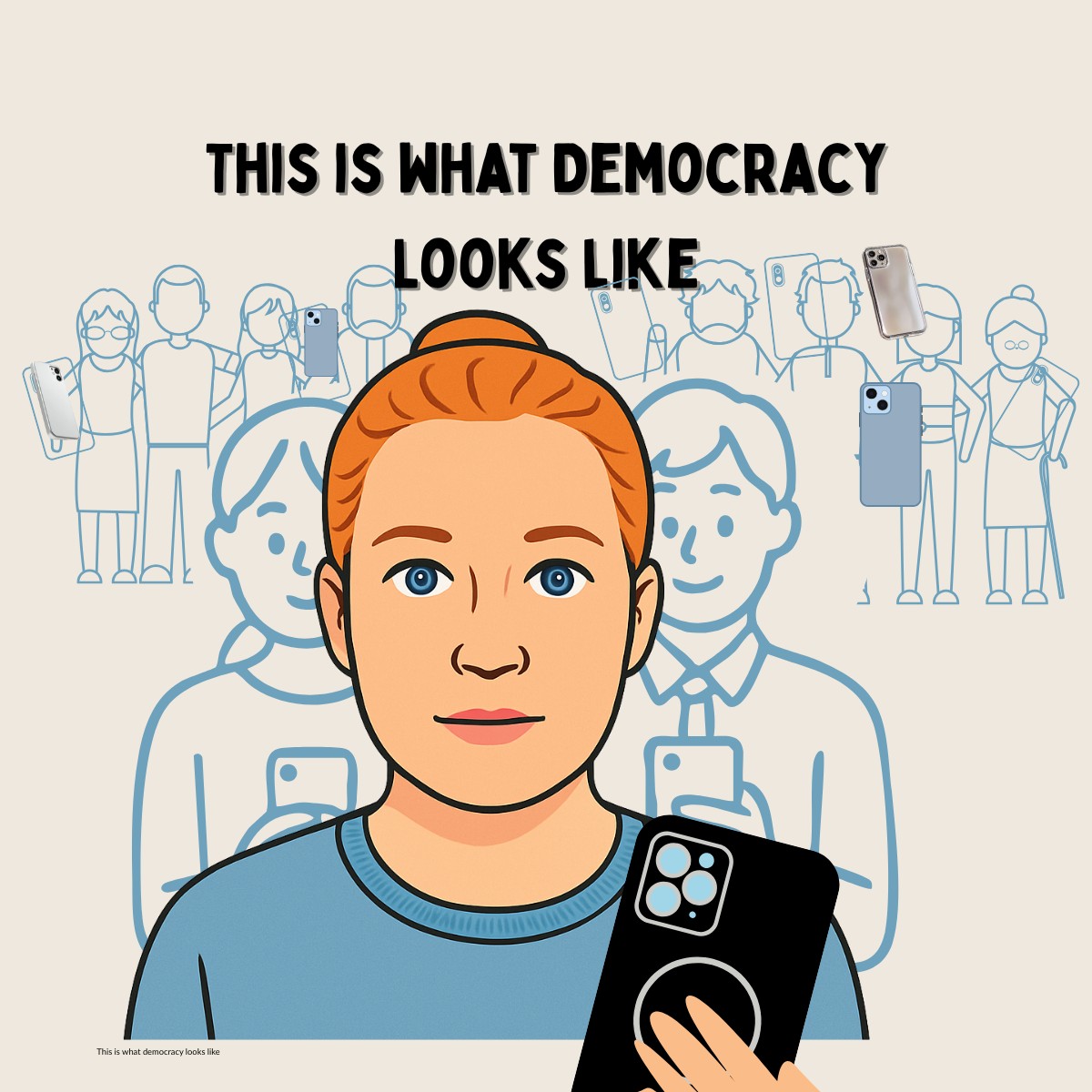
Democracy is shaped not only in courtrooms and voting booths, but in ordinary public spaces — malls, workplaces, schools, sidewalks — wherever people encounter authority.
This seven-part series began after I filmed an interaction at the Mall of America and found myself under surveillance for it. What followed became a reflection on privilege, accountability, and what it means to witness safely and steadily when others cannot.
Surveillance observes. Witnessing protects. This is what democracy looks like.
Read more...
Trauma is a deeply personal and subjective experience, influenced by the meaning we assign to events. What might be traumatic for one person may not affect another in the same way, as individual experiences, beliefs, and values shape our perceptions. Surprisingly, seemingly minor events can sometimes leave a lasting impact, while larger incidents might be easier to dissociate from personally.
Our past experiences and resilience play critical roles in how we respond to traumatic events. Previous encounters with similar situations can intensify our reactions due to the brain’s tendency to connect past and present experiences. While resilience varies, some individuals may overcome trauma with relative ease, others may need additional support to navigate their emotional responses.
The presence of a support system is crucial in the processing and recovery from trauma. Friends, family, or professionals offering emotional support can provide a safe environment to express feelings and facilitate healing. In contrast, a lack of support can compound the challenges of dealing with trauma, underscoring the need for understanding and kindness in supporting those affected.
Read more...








